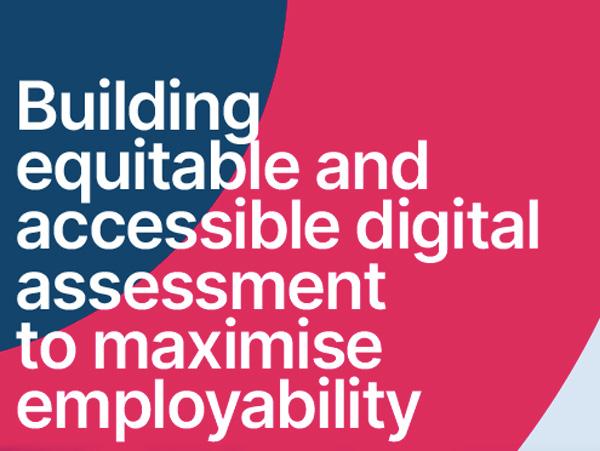
Optional extracurricular modules can enhance business students’ employability
Optional extracurricular modules that break away from academic theory and focus solely on employer-desired soft skills act as valuable tools that can enhance our students’ employability.
At Xi’an Jiaotong-Liverpool University, we’ve designed several of these and offered them alongside our academic programmes to help students develop skills in teamwork and leadership, investigation, problem-solving, self-management, entrepreneurship and social responsibility. This resource offers guidance on how to design and publicise them, based on our experience.
Have students’ needs in mind
Before developing the optional modules, it is important to determine what their aims are. In our case, we wanted to ensure we met students’ diverse requirements and preferences, provided flexibility for staff and students and enhanced students’ employability.
Diverse needs and preferences: to meet this aim, the modules must be diverse in content and form to meet the needs of all students. In our case, as a Sino-British joint-venture university, we accounted for the needs of both domestic and international students and their employability in China and internationally. In particular, we considered the development of:
- Activity-based modules to encourage students’ participation in academic events and professional exams. Specifically, these included research seminars and business workshops provided by internal faculty members or industry speakers from multidisciplinary projects.
- Practical and/or research skills enhancement modules to help students prepare for the workplace or academia – for example, training in the use of software relevant to a prospective career or study field. Additionally, training in both quantitative and qualitative research methods to help students who wish to pursue PhDs.
- Sustainability modules that equip students with the skills needed to help businesses meet economic and sustainable development goals. This can be tailored to all business-related disciplines, with training focused on the use of instruments and tools for environmental, social and governance efforts.
- Part-time learners’ modules to develop students’ managerial skills and expand their networks, with special attention paid to industry research, negotiation, communication and corporate finance skills as well as developing students’ emotional intelligence.
Flexibility for staff and students
The module design should consider flexibility for both students and faculty members. To address this, you can:
- Offer them as optional, short credit modules multiple times throughout different semesters.
- Allow programme directors and module leaders the flexibility to plan and develop new ideas, initiatives and topical content for these modules with enough time to gather feedback for improvements before launching them.
Offer certification
It’s a good idea to consider offering either a named or general certificate that students can obtain if they successfully complete a certain number of credits. This can strengthen their position in the job market upon graduation, signalling extra skills, preparation and capabilities.
If you are working with external industry partners who set exams as part of these modules, work with these partners to provide preparatory support to students.
- Resource collection: Getting students workplace-ready
- Tried and tested ways to teach your students soft skills
- Teach the skills required for a future we can’t yet imagine
Promote the modules
After designing and developing these courses comes the task of publicising them. Communicate their availability in the following ways:
- In your virtual learning environment (VLE) and in the programme to ensure students are aware of all options available to them throughout their study.
- In an induction event during which you can provide advice on how to choose modules and information on the benefits of studying them. For instance, you can advise those aiming to pursue further academic research to take extra research methods modules and those interested in entering the workplace to pursue relevant skills-based modules.
Give students enough time to sign up
We recommend giving students until the end of the second teaching week of term so they have time to plan, choose and even try out the classes before deciding whether to enrol.
Optional extracurricular modules can help students enhance a variety of skills relevant to their future careers, improving their post-graduation prospects.
Yue Jiang is a senior teaching fellow and director of postgraduate studies; Nimesh Salike is a senior associate professor and associate dean for learning and teaching; Eddy Fang is a professor and deputy dean of International Business School Suzhou at Xi’an Jiaotong-Liverpool University.
If you would like advice and insight from academics and university staff delivered direct to your inbox each week, sign up for the Campus newsletter.




